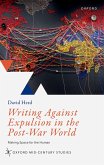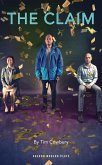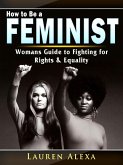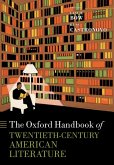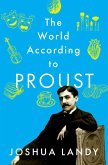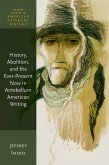Writing Against Expulsion in the Post-War World: Making Space for the Human tells a pre-history of the Hostile Environment. The book's starting point is the rapidly escalating use of detention as a response to human movement and the global production of geopolitical non-personhood in which detention results. As a matter of urgency, the book argues, we need to understand what is at stake in such policies and to resist the world we are making when we detain and expel. Writing Against Expulsion returns to a post-war period when the brutal consequences of the politics of expulsion were visible and when it was clear to writers of all kinds that space for the human had to be made. Drawing on contemporary histories of forced displacement, eye witness accounts, international legal documents, and on a range of emblematic cross-disciplinary texts and authors - the Universal Declaration of Human Rights, the political philosophy of Hannah Arendt, the poetry of Charles Olson, the revolutionary theory of Frantz Fanon - the book shows how mid-century writers both documented the lived experience of expulsion and asserted ways of thinking and acting by which expulsion could be prevented. What emerged were new languages of rights and recognition - new accounts of Moving, Making and Speaking - through which the exclusions of nation and border could be countered.
Dieser Download kann aus rechtlichen Gründen nur mit Rechnungsadresse in A, B, BG, CY, CZ, D, DK, EW, E, FIN, F, GR, HR, H, IRL, I, LT, L, LR, M, NL, PL, P, R, S, SLO, SK ausgeliefert werden.



